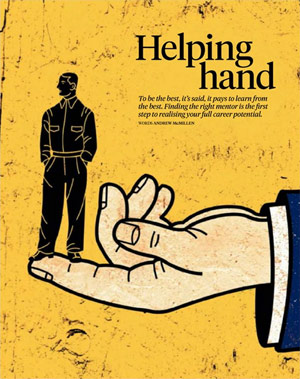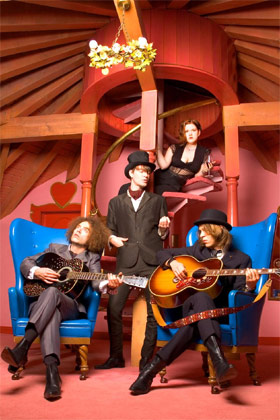The Vine story: ‘The benign threat of using mobile phones on planes’, August 2013
A story for The Vine. Excerpt below; click the image to read the full story.
The benign threat of using mobile phones on planes
One Tuesday afternoon in April, the Attorney-General of Australia, Mark Dreyfus, was sitting on a Qantas flight bound for Brisbane. While the aircraft taxiied to the runway, Dreyfus used his smartphone to check and reply to emails. His posture was a familiar sight of the modern era: head down, hands low, eyes trained on a rectangular cluster of LEDs, while fingers and thumbs silently fondled a touchscreen.
A nearby passenger took issue with the Attorney-General ignoring the instructions broadcast throughout the cabin to switch off personal electronic devices prior to take-off. A flight attendant reminded him of this obligation. Dreyfus eventually complied, pocketing the device, but the flight attendant informed the captain of the incident and as a result, Dreyfus was met on arrival in Brisbane by an airport security manager who again reminded the Attorney-General of the rules. These events were reported nationally; some commentators wondered whether a non-politician would have received the same treatment.
“I am a very, very frequent flyer,” Dreyfus tells me over the phone – maybe the offending smartphone in question – in early June. “I probably know by name half of the Qantas attendants; that’s how often I fly. It was a courteous, very quick reminder in accordance with the protocol that they have, of the rules – which I know.”
Dreyfus says he’s now a changed man. “I regret the incident,” he says. “For the avoidance of error, I now switch off my phone before boarding. But I do switch it on when the plane has landed. I can recite to you all the flight attendants’ instructions, and this one is: ‘If your mobile device is within reach, you may now switch it on.’ And I do!”
—
In this incident, Dreyfus acts as a stand-in for those always-on wage slaves who view air travel as an impediment to productivity, rather than a break from the demands of an era where the ability to communicate with anyone, anytime is no longer an aspiration but an expectation. RIM’s flagship smartphone has long been referred to as a CrackBerry, and there might be no greater symbol of modern technological addiction than witnessing the speed at which those tiny screens are illuminated once humans inside an aircraft return to terra firma.
Our national airlines have relaxed their policy on mobile phone use in recent years to the point where the devices can be used until the cabin doors are closed, and switched back on shortly after the wheels hit the tarmac. Yet according to some surveys, up to 30 per cent of passengers simply ignore those incessant warnings that electronic devices may cause navigational interference, surmising that if smartphones, laptops, tablets, and e-book readers were a true menace to aircraft, there’s no way in hell that any airline would allow them in the cabin.
A well-known Australian musician tells me that he never turns his phone off on planes. “I don’t really believe that my smartphone is going to interfere with navigation equipment,” he says. “I think it’s just a power trip from the airlines to make you stand in line.” This personal ethos has never caused any in-flight drama, though my source is always unimpressed when asked to turn off his Kindle e-book reader – a device which lacks any wi-fi or transmission capabilities. “So I have to read your shitty in-flight mag?” he sniffs. “Or I have to buy a physical book? Give me a break, fuck!”
This particular musician – who wishes to remain anonymous, to avoid being hassled on future flights – is a self-described time management freak. “If I’m running late, I like to turn my phone on before I land to check who’s picking me up. When we’re in a holding pattern, I’ll try to get a signal to check emails and Twitter, to see what’s happened since I’ve been on the flight.” Not one of these planes has ever dropped out of the sky as a result of one phone seeking a connection to the nearest terrestrial tower; it’s unlikely that several hundred devices doing the same thing at the same time would make a difference, either.
To read the full story, visit The Vine.

 Last week, my girlfriend Rachael and I won a trip to the United States.
Last week, my girlfriend Rachael and I won a trip to the United States.